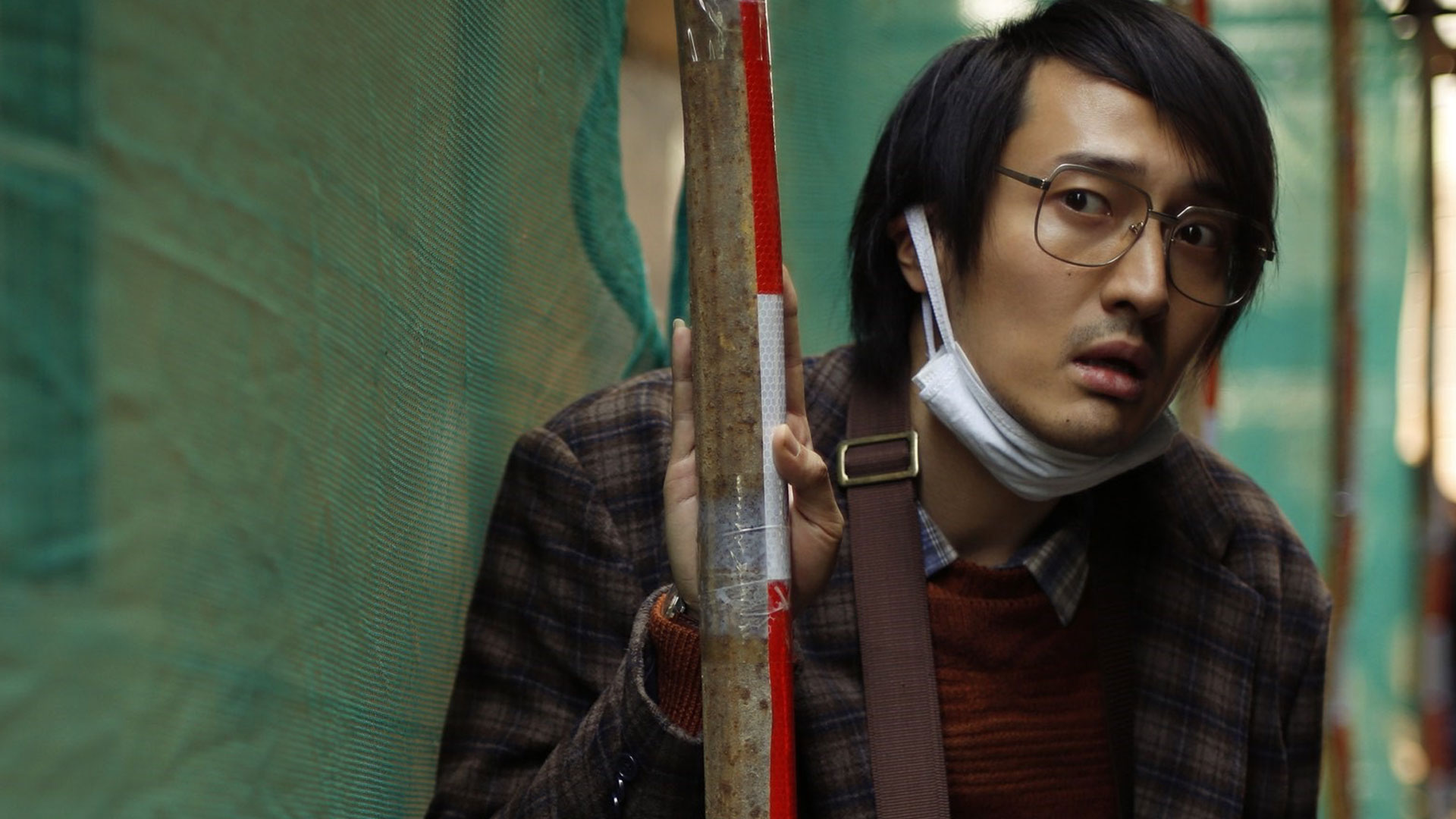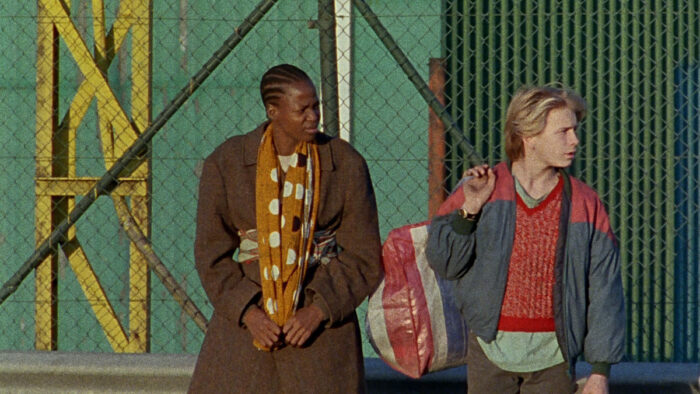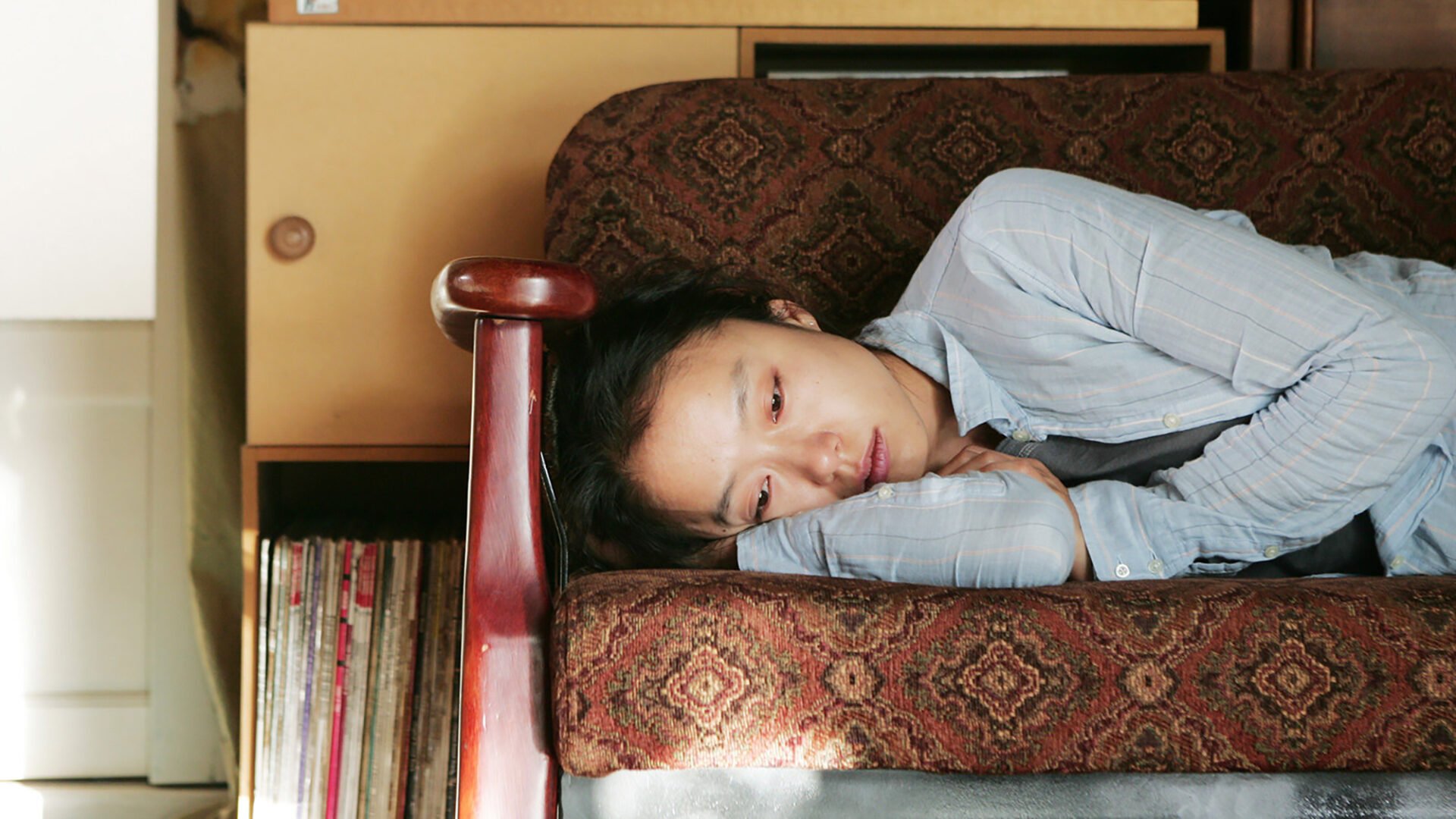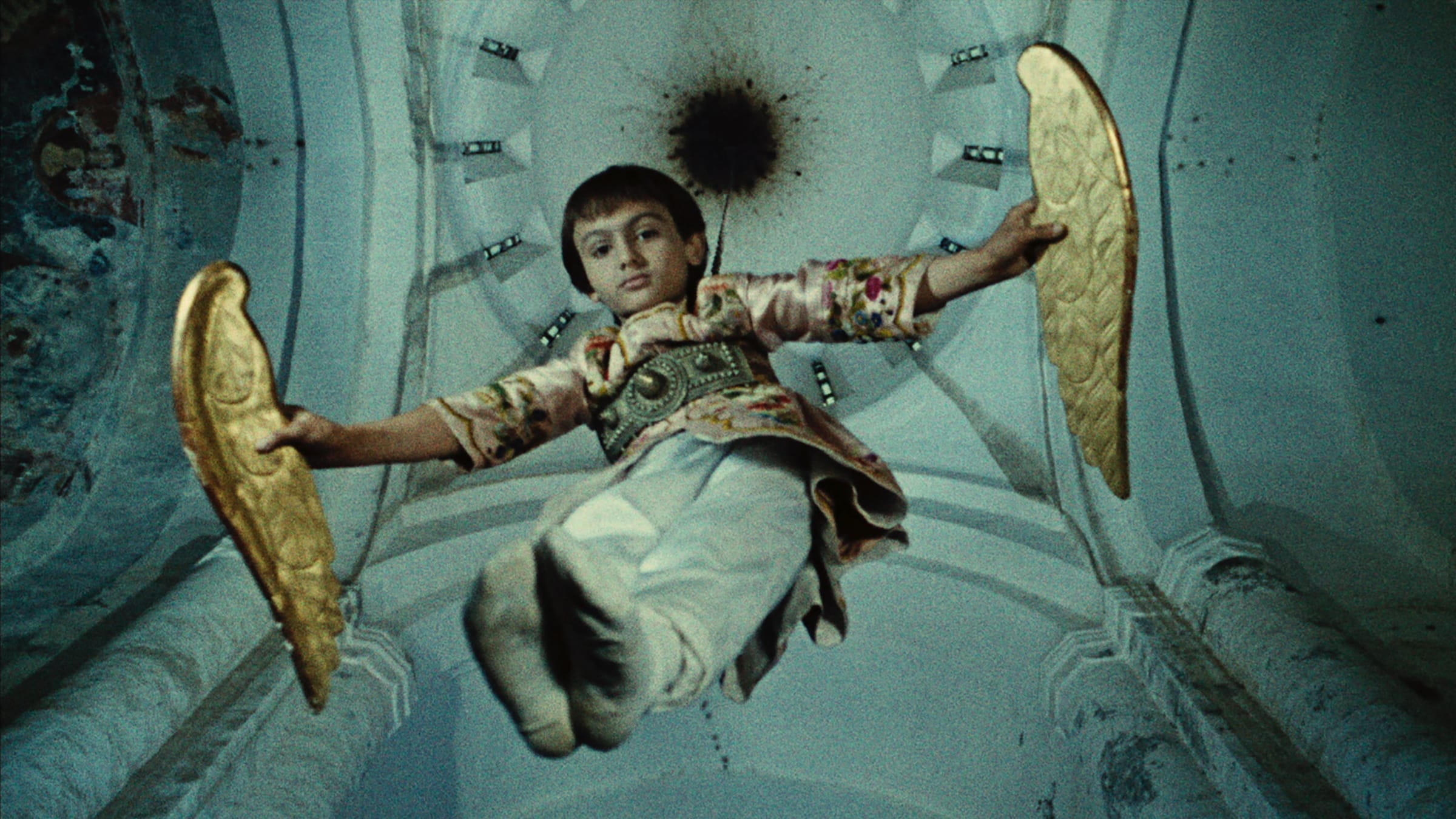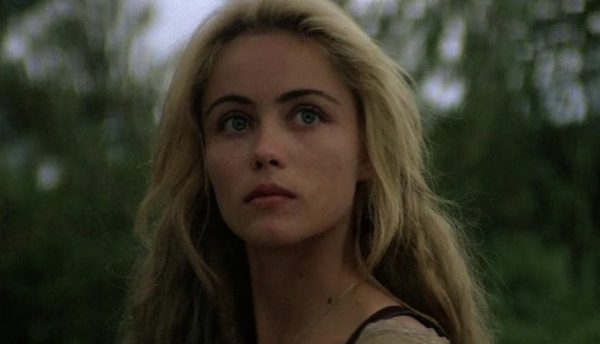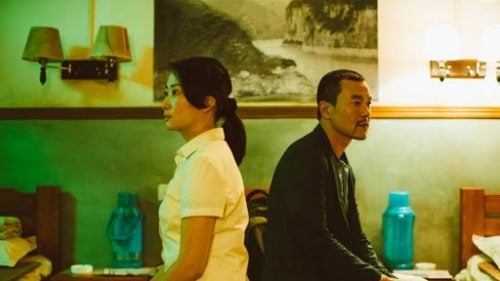
75 Best Foreign Movies on Criterion Channel Right Now
April 20, 2025
Share:
With its dedication to restoring and distributing classics, there’s no doubt that the Criterion Channel has a great library for viewers to dive into. They’ve unearthed films once thought to be lost, they’ve figured out how to adapt the classic widescreen aspect ratio to regular screens, and they also added thoughtful, scholarly essays and commentary tracks for movie lovers. It won’t be a surprise that their library also includes hidden gems from all over the world, so for cinemas wanting a glimpse of something new, here’s some of the best foreign films available to stream on Criterion Channel.
Read also:
51. A Tale of Winter (1992)
Genres
Director
Actors
Moods
In most cases (and in so many romance films), the heart clinging to a past love can be silly, at best, and self-sabotaging, at worst. Nostalgia filters the past through rose-tinted lenses, skewing our perspective of what’s true and what’s imagined. In another filmmaker’s hands, A Tale of Winter could very well be this cliché, but writer-director Éric Rohmer gives every reason to believe that Félicie’s love is true. Their separation is caused not by a breakup, but by a simple wrong address. She hasn’t closed herself off to finding someone else, but the feeling, hers and the scenes themselves, don’t quite match to the summer romance montage. When she does talk about The One to her prospective suitors, she’s sane and sober, regardless of whether or not she’s right. And because of excellent writing and Rohmer’s approach, we can’t say her choice is wrong.
52. Dying to Survive (2018)
Genres
Director
Actors
Moods
Robin Hood might be a centuries old folk hero, but his reincarnations seem to pop up in real life, including the true story behind Dying to Survive. Alternatively translated as I’m Not A Medicine God, the modern day Chinese iteration is initially less concerned over the common good and more concerned with money. It makes for a much more humorous take, as the ordinary peddler bribes, smuggles, and asserts his desire for profit, but it also sets up the real desperation created by a medical drug industry that hopes to incentivize research and protect consumers, but inadvertently blocks the very people that needs said drugs. Dying to Survive might focus more on the smuggler than critiquing this conundrum, but nonetheless it understands the real recurring tragedy that modern life can’t seem to completely solve.
53. 5 Centimeters per Second (2007)
Genres
Director
Actors
5 Centimeters per Second is a quiet, beautiful anime about the life of a boy called Takaki, told in three acts over the span of seventeen years. The movie explores the experience and thrill of having a first love, as well as being someone else’s. In depicting how delicate it is to hold special feelings towards another, director Makoto Shinkai also perfectly captures how cruel the passing of time can be for someone in love. While the early stage of the movie maintains a dreamy mood, as the stories develop we become thrust back into reality, where it is not quite possible to own that which we want the most. All things considered, 5 Centimeters per Second is a story about cherishing others, accepting reality, and letting people go.
54. The Promise (1996)
Genres
Director
Actors
Moods
The Promise has all the trappings of a sleazy crime drama, but there’s a sense of innocence buried underneath all the dirt that helps set it apart. Even as Igor helps his father do the shadiest things to exploit the illegal immigrants under their care, you can see the boy slowly wake up to the realization that life can’t just be a series of transactions, rewards, and punishments. As writers and directors, the Dardenne brothers present Igor’s coming of age with frankness and without pretension—even when a hint of the mystical begins to compel him to tell the truth. It might not seem all that complex at first, but the details that make up this world are fully immersive from start to finish.
55. Secret Sunshine (2007)
Genres
Director
Actors
Moods
For better or worse, death strikes us all, fast and unexpectedly. It’s tough enough if the death is caused by ill health or accidents, but when premeditated by another person– it can be easy to lose faith in a higher power. Secret Sunshine depicts a grieving mother trying to start a new life in the countryside, though certain events make it tough to fit in. There’s a well-meaning, long-term bachelor who’s interested in her, though she’s not ready to reciprocate, and there’s townsfolk that would like to invite her to their church, though she’s reluctant to join. There’s curious, gossipy neighbors ready to comment on her every action. Secret Sunshine reveals a darker layer to the countryside towns we retreat to to cope, but it also examines the ways we grieve, cope, and deal with forgiveness, in a community that would prioritize itself at the expense of what’s morally right.
56. Beijing Watermelon (1989)
Genres
Director
Actors
Moods
Kindness is universally considered as a virtue, but so too is it considered a weakness– Reciprocation isn’t necessarily guaranteed and some people take advantage of the kindness given to them. But there are few instances when humanity does give back to those who have been generous to others, and one such instance is in Beijing Watermelon. It’s one of Nobuhiko Obayashi’s lesser known films, being released just a few months after the Tiananmen Square massacre, and having a more naturalistic, slice-of-life approach compared to Obayashi’s other films. Nevertheless, the film’s fairly simple message plays out in an earnest and genuine way, depicting the ways ordinary kindness can form communities despite cultural differences, loss, and diplomatic tensions between nations.
57. Revanche (2008)
Genres
Director
Actors
Moods
Given the name, Revanche seemed to be a revenge thriller, and to a certain degree, that’s correct, but the way writer-director Götz Spielmann frames the plot makes it feel much more like a naturalistic character study of the way love and violence walks hand-in-hand, leading to a tragedy that shifts its thrill each time ex-con Alex is forced to make a change. It’s a surprising portrait. It’s one that is tense with permeating silence and no added score, with the camera still and lingering by the door. It’s slow, unfolding within the mundane. And it’s existential, with the way these characters actively try to change their fate, but only lead into even more difficult issues. Revanche is a refreshing take of the titular theme.
58. Europa Europa (1990)
Genres
Director
Actors
Moods
In war, sometimes, what stands between life and death is convenient papers, passable acting, and a buttload of luck. That was true of real-life World War II survivor Solomon Perel, whose story is depicted in Europa Europa. Somewhat like a Jewish Forrest Gump, all Perel wants to do is survive, but through his pretenses, he inadvertently witnesses the ideologies that tore the European continent apart, revealing the hypocrisy and arbitrariness of the ideas that needlessly pushed them into war. The film also acknowledges the toll it took on him, the way he finds friendship and love from the people who would have killed him if not for his lies. Europa Europa is a striking survival tale that proves how absurd real life can be.
Read also:
59. The Color of Pomegranates (1969)
Genres
Director
Actors
Moods
Why should anyone watch a decades-old biopic about a centuries-old Armenian troubadour that relies not on dialogue, not on a straightforward narrative, but on scenes that are cryptic as hell? The Color of Pomegranates won’t be for most viewers, but even without the historical context, cinephiles will appreciate the artistic vision Sergei Parajanov crafted alongside the words from Sayat-Nova himself, the series of meticulously assembled tableaux that aren’t easy to forget. Every image is intentional. As each image flashes on screen, recreating what must have been the poet’s daily life, Parajanov also immortalizes Armenian culture– the textile crafts, the folklore, the language, and the iconography– at a time when Armenia was under the rule of the Soviet Union. Soviet censors blocked its distribution, pushed it to the underground, and re-cut the film, but Sayat Nova, as well as the culture he came from, still remains an iconic masterpiece that meditated on suppression and art as a living memory.
60. Manon of the Springs (1986)
Genres
Director
Actors
Moods
Manon des Sources (Manon of the Springs), directed by Claude Berri, follows a young woman named Manon living reclusively in the rural countryside. This film is the sequel to Jean de Florette, during which a young Manon watched her father fall victim to the greedy manipulation of two men. Now, a decade later, Manon is older and more cunning—and when she sees the opportunity to gently avenger her father, she exacts tragic revenge.
Perhaps the greatest strength of Manon of the Springs lies in its actors. Emmanuelle Béart is captivating as Manon, quiet and observant, while Yves Montand and Daniel Auteuil are fittingly terrible as César Soubeyran and Ugolin. Manon and the springs she must protect are worthy heroes of this epic saga.
Comments
Add a comment
Ready to cut the cord?
Here are the 12 cheapest Live TV streaming services for cord-cutting.
More lists
Lists on how to save money by cutting the cord.
Curated by humans, not algorithms.
© 2025 A Good Movie to Watch. Altona Studio, LLC, all rights reserved.

